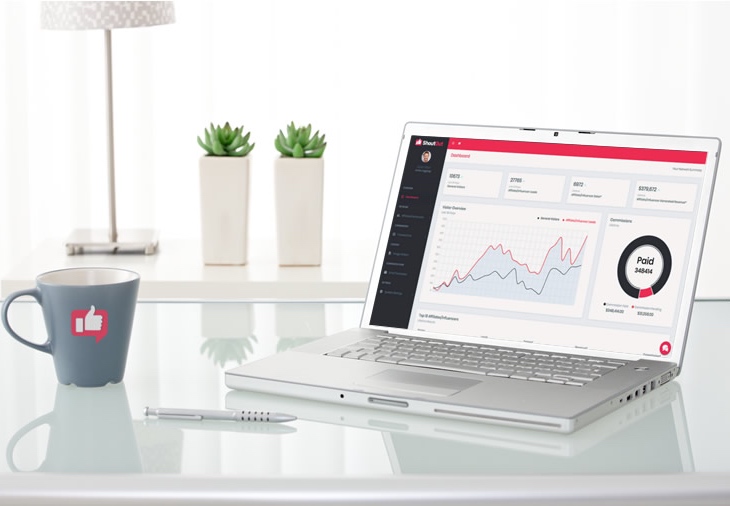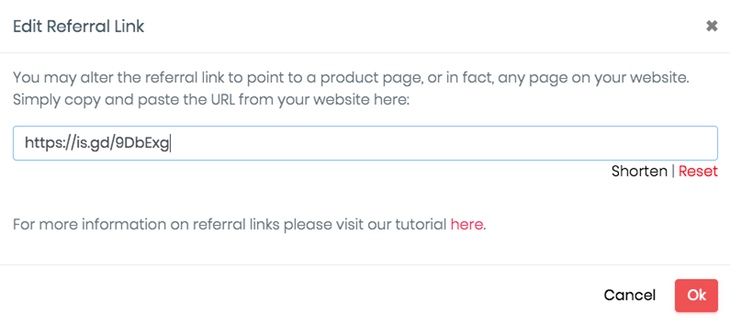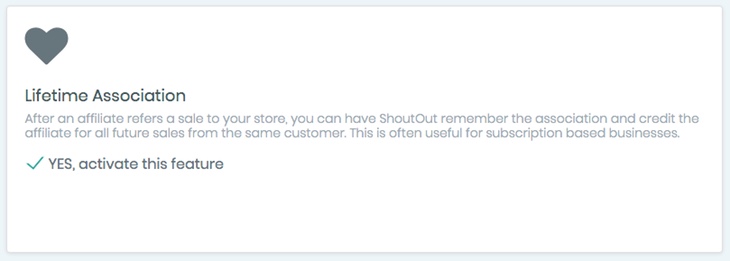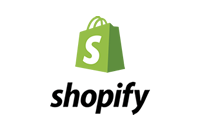How do affiliate links work?
How can they benefit my online business?
by Sarah Hutchings
Posted: Wednesday 18th March 2020

Why use affiliate links?
Affiliate marketing (also called Multi-Level Marketing) is the power-packed growth strategy where online retailers offer a commission to people (affiliates) who promote products on their behalf.
Affiliate links are the driving force of all online affiliate programs.
But precisely what are affiliates links and how do they work?
What is an Affiliate Link?
An affiliate link, sometimes called a referral link, is a unique URL given to people who sign up to be part of an affiliate program. These people are called Affiliates.
Affiliates post their unique link wherever they promote a company's products online, such as in blogs, YouTube videos and social media posts.
If someone buys a product as a direct result of their promotion, specialised software tracks the sale and attributes a commission payment to the affiliate.
What Does an Affiliate Link Look Like?
A standard format for an affiliate link is your store URL plus a unique extension.
For example:
www.mystore.com?p=5497286
Affiliate links may also be personalized to be easier to remember, e.g. www.mystore.com/jessica
These unique links are then used by affiliates to refer users to your online store.
Affiliate links may also be converted to QR codes which may be printed on promotional material the affiliate provides to potential customers.

How Do Affiliate Links Work?
When someone clicks an affiliate link (or scans a QR code) and goes to a website, the affiliate's unique details get stored in a cookie on that visitor's internet browser. A cookie is a commonly used small piece of data or code.
When the visitor purchases, the cookie allows the sale to be identified as one referred by an affiliate, and commission is calculated and recorded for later payment to the affiliate.
What if Someone Doesn't Buy Straight Away?
What happens when people visit a site via an affiliate link but don't purchase immediately? What if they choose to buy a few days later by navigating to the website directly, without using the affiliate link? Does the sale still get tracked?
The answer is yes, depending on the length of time you've set your cookie to last.
With ShoutOut, cookies can be set to expire anywhere from 7 days to forever. The default setting is 90 days. We recommend merchants set cookies to last as long as possible so that every sale gets tracked, ensuring affiliates stay motivated and get 100% of the commission due to them.
How Do I Create an Affiliate Link?
To run an affiliate program, you'll need to install an affiliate marketing software in a form of plugin (for Wordpress Sites or Squarespace Stores) or app (for Shopify) like ShoutOut to your online store.

ShoutOut allows you to create an unlimited number of affiliate links for an unlimited number of people / ambassadors that join your network. Each person is provided the ability to also personalize their links, or create their own QR codes from their personal dashboard.
While we recommend that affiliate links point to the home page of your online store, it is possible to have them point to specific products, categories or any page of your website.
Can You Shorten an Affiliate Link?
Yes. Referral links can be quite long, particularly if you're pointing them to a specific product page. To shorten a referral link to just a few letters, services like ShoutOut provide a shortener function.
To use this feature in ShoutOut, select the affiliate, click on the option to edit their affiliate link and then select the 'Shorten' link function. The long referral link will be replaced with a unique, shortened version that's just a few characters long.

What Happens if More than One Affiliate Link Gets Clicked?
If another affiliate refers your store to the same customer, who gets credited with the sale?
In Shoutout, the new affiliate link will overwrite the old affiliate's referral, and the cookie expiry time begins again.
What if I Don't Want to Use Affiliate Links?
You don't have to! You can still run an Affiliate Program with ShoutOut thanks to our unique ‘Lifetime Associations’ feature.
A Lifetime Association is where you can connect a customer to a specific affiliate for life. The customer never has to click a link or use a unique code to purchase. Every order will get automatically credited to your nominated Affiliate.
This option is excellent for affiliates, account managers, party-plan consultants and sales representatives whose clients regularly re-order but may do so directly on your website rather than through specific codes or links. Find out more on How To Track Affiliate Sales Without Coupons, Codes or Links.

In Summary
We hope this article helps you better understand affiliate links in ShoutOut and how they can effectively drive traffic to your store. As always, if you have any further questions, please contact us at any time.
Related articles
- How To Track Affiliate Sales Without Coupons, Codes or Links
- How to easily pay your affiliates using ShoutOut
- What are Referral Links - Everything you ever wanted to know!
About the Author
 Sarah Hutchings has worked for some of the world's largest companies around the globe including a decade
marketing
multi-million dollar consumer goods with Network 21, and Senior Brand Manager for Europe for
UniLever and SC Johnson. Sarah is passionate about helping merchants use affiliates and multi-level
marketing (MLM) and find smarter ways to profitably grow & scale their business.
Sarah Hutchings has worked for some of the world's largest companies around the globe including a decade
marketing
multi-million dollar consumer goods with Network 21, and Senior Brand Manager for Europe for
UniLever and SC Johnson. Sarah is passionate about helping merchants use affiliates and multi-level
marketing (MLM) and find smarter ways to profitably grow & scale their business.
Popular Articles
Charge a joining fee to your affiliate program
by Sarah Hutchings | Posted: 3rd June 2021
Understand the benefits of using WordPress multisite
by Sarah Hutchings | Posted: 23rd February 2021
Display the referring affiliate in your store
by Adam Robson | Posted: 23rd October 2020
7 secrets used by our best clients
by Adam Robson | Posted: 7th July 2020
Moxi Skates influencer marketing success
by Sarah Hutchings | Posted: 26th May 2020
FoxyBae's affiliate marketing success
by Sarah Hutchings | Posted: 13th May 2020
Yeehaw Cowboy's secrets to success
by Sarah Hutchings | Posted: 29th April 2020
How to Track Affiliate Sales without Coupons, Codes or Links
by Sarah Hutchings | Posted: 26th Feburary 2020
7 Best Ways to Reward Brand
Ambassadors.
by Sarah Hutchings | Posted: 12th Feburary 2020
How to quickly and easily pay affiliates
by Sophie Alvsaker | Posted: 3rd December 2019
How to setup discount codes (coupons)
by Sophie Alvsaker | Posted: 25th January 2019
How to setup multi-level marketing
by Sophie Alvsaker | Posted: 11th January 2019
How to setup affiliate referral links
by Sophie Alvsaker | Posted: 15th November 2018


